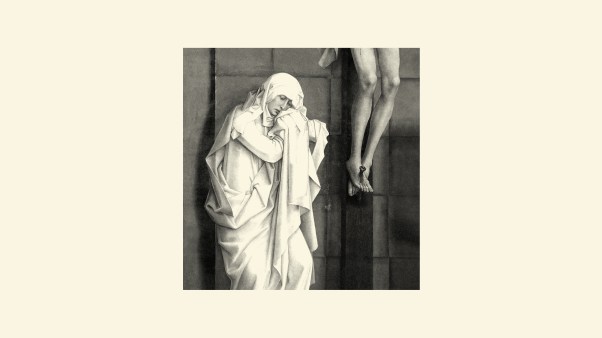President Obama’s proposed 2010 federal budget contains a 7 percent cut in charitable tax deductions for the nation’s wealthiest taxpayers. Some religious groups are asking how that will affect their bottom line.
The answer: it depends who you ask.
Here’s what it means in real terms for the 5 percent of Americans whose household income exceeds $250,000 a year. Those families can currently save $350 in taxes for every $1,000 donated to charity; under Obama’s plan, that amount would drop to $280 per $1,000 donation.
“By doing this, you raise the cost of giving” said Roberton Williams, a senior fellow at The Tax Policy Center, a liberal Washington think tank.
By Williams’ calculations, the change will result in a 10 percent drop in charitable giving by wealthy Americans, who typically contribute about 20 percent of all charitable dollars. In real dollars, Williams projects a decline of about $6 billion in charitable donations because of the change.
At the same time, Williams said religious institutions may be spared because most wealthy Americans funnel their biggest donations to education, the arts and health care. Think campus buildings, art museums and hospital wards with family names attached.
“My guess is that religious groups will not see nearly the drop that other charitable recipients will see,” Williams said.
That leaves religious groups at the mercy of rank-and-file members and donors who have been tightening their belts in the economic downturn. For now, experts say, religious groups are probably on fairly safe ground.
Sylvia Ronsvalle, executive vice president of the Illinois-based Empty Tomb research organization, has studied economic data over time and says religious groups often fare better than most.
“There does not seem to be an immediate economic relationship between church giving and the economy,” she said. Translation: when times get tough, people still give to their houses of worship.
Indeed, in 2007, Americans directed 61 percent of their charitable gifts to religious organizations, according to a study by Bank of America. By contrast, high net-worth households spent just 15 percent on religious causes; the bulk went to education.
“Our research of church member giving in past recessions found no direct relationship between recession years and church member giving,” Ronsvalle said. “In five of six first-year recession years, giving went up. In the six recessions, giving went up in three and down in three.”
In fact, the Salvation Army’s holiday Red Kettle campaign brought in a record $130 million at the end of 2008 — a 10 percent jump from the year before — in the midst of a dark and gloomy economy.
Still, some religious groups worry that the tax deduction change is coming at a bad time. The Union of Orthodox Jewish Congregations of America is one of them.
“In these distressed times, in which charities are serving more people’s needs while at the same time already suffering a dramatic downturn in donations, the proposal to reduce the rate of tax deductibility for contributions is a recipe for disastrous displacements and cuts in much-needed non-profit sector institutions and services,” the movement said in a statement.
White House Office of Management and Budget Director Peter Orzag said the tax changes, if passed by Congress, wouldn’t kick in until 2011, and he’s confident the economy will have recovered enough by then to offset any potential losses in charitable giving.
” … (t)he best way to boost charitable giving is to jumpstart the economy and raise incomes — and the purpose of the ($787 billion economic stimulus package) was to do precisely that,” Orzag said in a White House statement.
Orzag also pointed out that between 2002 and 2003, the top income tax deduction for charitable giving was reduced from 38.6 percent to 35 percent, but individual charitable contributions actually increased.
The 2007 Bank of America study also offered reasons to reassure religious groups. When asked how their charitable giving would be affected if they received zero income tax deductions, 52 percent of respondents said their giving would stay the same; 37 percent said their giving would decrease, and only 10 percent said it would dramatically drop.
All of this may be moot by the time Congress takes up the budget later this summer. Sen. Kent Conrad, the North Dakota Democrat who chairs the powerful Senate Budget Committee, has already indicated there may be trouble ahead.
Conrad told U.S. News and World Report that he’s already heard so many complaints about the proposal that he could “absolutely be sure we can’t pass this budget.”
Copyright © 2009 Christianity Today. Click for reprint information.
Related Elsewhere:
Your Church‘s Richard R. Hammar lays out a list of what churches should consider in light of Obama’s proposals.
Christianity Today also follows developments on the politics blog.








